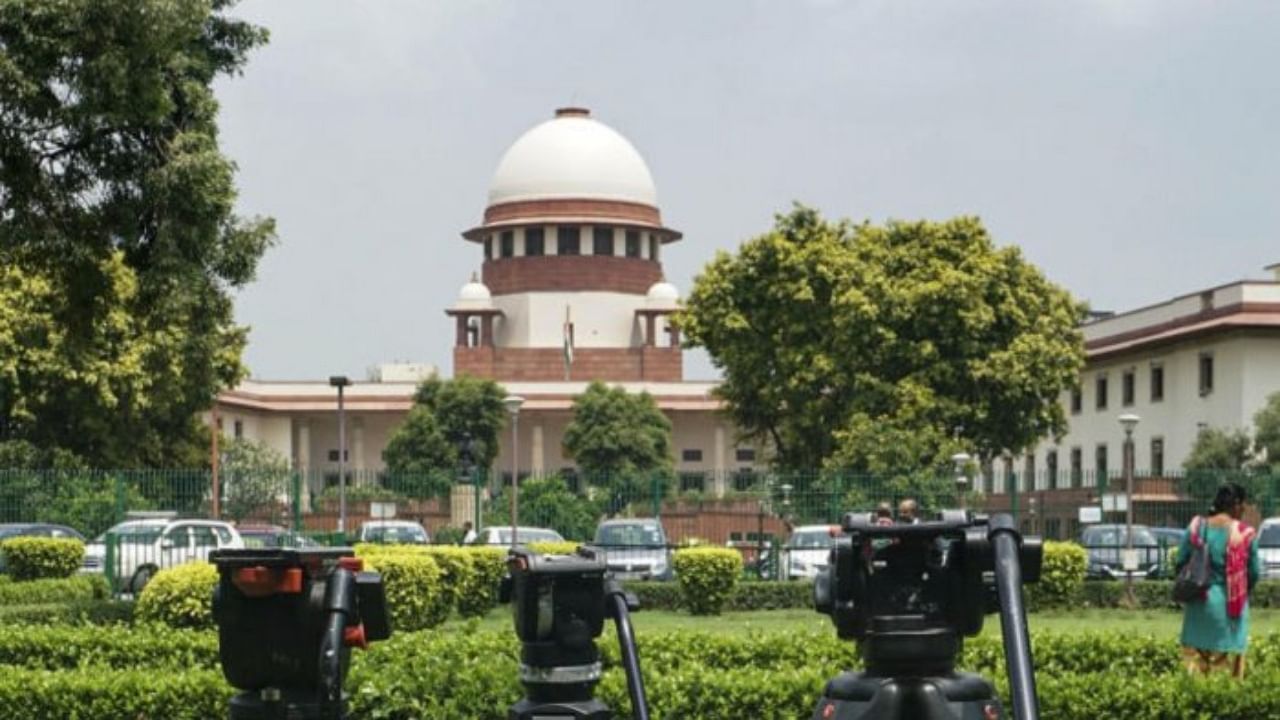
The Supreme Court on Monday sought a response from Centre on a plea to take steps to make appointments to the post of Vigilance Commissioner and Central Vigilance Commissioner, lying vacant, though advertisements were issued several months ago.
A bench of Justices Sanjay Kishan Kaul and Abhay S Oka issued notice to the Centre in the matter as the plea by NGO 'Common Cause' sought an order for timely and transparent filling of long-pending vacancies in the Central Vigilance Commission (CVC), to ensure that the commission can effectively discharge its duties as an ‘integrity institution’.
The plea filed by advocate Prashant Bhushan also sought a direction to the Union government to forthwith place all details and documents regarding the selection process and appointments in Central Vigilance Commission in the public domain, in accordance with the direction issued in the case of Central Information Commission as per the Supreme Court judgement in Anjali Bhardwaj case (2019).
The plea said no appointment has been made to the post of Vigilance Commissioner, although in anticipation of a vacancy due to arise in October of 2020, the advertisement was issued by the Department of Personnel & Training (DoPT) on July 17, 2020.
Likewise, as a vacancy was due to arise in June 2021, the DoPT on May 4, 2021 invited applications for filling up the post of the Central Vigilance Commissioner with the last date of application being June 7, 2021, however, no appointment has been made pursuant to this advertisement as of date.
The petitioner also said the Supreme Court in the 2011 judgement in 'Centre for PIL v. Union of India' had issued directions to ensure transparency and integrity in the process of appointment of CVC members.
The Commission was made a multi-member body and given a statutory status pursuant to the judgement of the top court in Vineet Narain vs Union of India (1998) specifically to ensure it’s effective functioning and so that it could act as a robust ‘integrity institute’. The scheme and object of the act of 2003, specifically envision that the commission is to function as a multi-member body and to take decisions unanimously so far as possible, the plea added.
